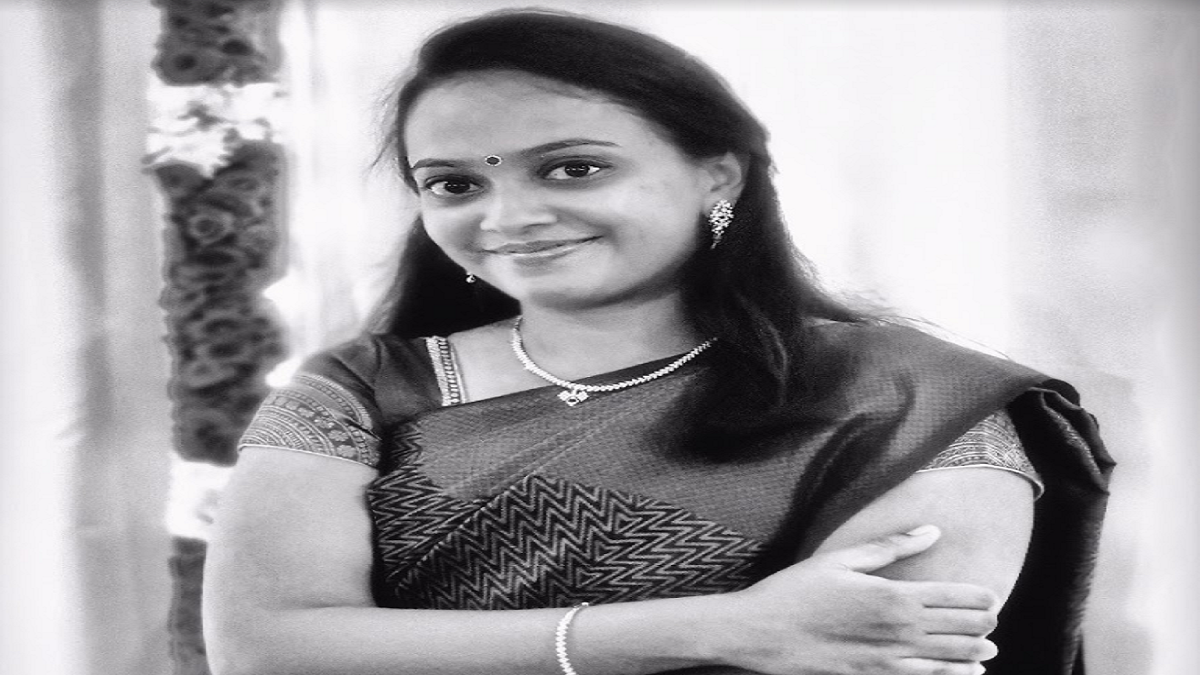


Q. How did the idea of writing Mohini: The Enchantress struck you?
A. I was completely out of ideas and wasn’t feeling inspired or motivated. Then, Mohini just popped into my head and never really left. Is there a more alluring character than the enchantress herself? Like many before me, I was completely smitten and became obsessed with her. Initially, I was a little apprehensive about doing justice to this complicated character, particularly due to her unique position in the Hindu pantheon and her popular perception as little more than a crossdressing temptress and hustler. But my friends and fellow authors in the mythology genre — Anand Neelankantan and Kavita Kane — encouraged me to go for it. It turned out to be a remarkable experience which I will always treasure.
Q. The story intertwines the theme of gender, love, lust and desire. Tell us about reinterpreting the female avatar of Vishnu who is a symbol of beauty and sensuousness and the challenges of exploring a mythical character?
A. In all the stories featuring Mohini, she tends to come across as onedimensional. An exquisite creature who beguiles her way into getting what she wants, wielding her irresistible sensuality like a devastating weapon. I wanted to dig deeper and present fresh insights into her head and heart. She is a significant character in Indian mythology and one of a kind.
Not many people are aware that several LGBTQ characters in Indian mythology have fallen by the wayside and it is necessary to bring them back into the mainstream consciousness. And what better start then Mohini? She is not afraid to go where her desires take her and her gift to humanity is the magic of enchantment. It was fascinating to note that her unabashed sexuality and amoral approach to everything was never intended to hurt or harm but to take the sting out of the suffering from many mortal and immortal alike.
Q. In this work, you have underlined men being preoccupied and intoxicated with the notion of beauty and women devoting their time on enhancing their appeal, flaunting it like a crown of achievement which symbolises superficiality. Do you believe it holds relevance in contemporary times?
A. Throughout history, beauty has been highly valued but in contemporary times it has gotten worse as we don’t value integrity, moral fibre, talent and good qualities unless these it comes gift wrapped in a delectable package. The current fixation with beauty is most disturbing. We have been conditioned into thinking that if one is not thin, fair, perfectly groomed, coiffed and perpetually Instagram-worthy then they are losers for whom success, happiness and all good things will remain elusive. So people devote more time and money than is wise towards looking their best without expending a tenth of the effort towards more meaningful and useful pursuits.
We can’t carry on pretending that this preoccupation with good looks, commitment to narcissism and all things frivolous at the expense of everything else won’t have devastating consequences. Thus, in my interpretation of Mohini, her ability to bring her unique gifts of love and sexual fulfilment to bear in fraught, apocalyptic situations that bring her victory without bloodshed is what defines her.
Q. Although Mohini is mesmerising and possesses autonomy, men want her to a point of desperation but she is elusive, alone and impervious to love, lust and toxic hate. Do you view her incapability to love a character flaw or a much-needed shield?
A. There is far too much emphasis on romance or sexual passion in all the art we consume whether it is books, paintings, movies or TV shows. I believe romantic attachments are overhyped and overrated and don’t get the fixation over it. Since the enchantress has a certain raptorial quality given the profound and mysterious reason for her very existence, it seemed reasonable that she would bring a certain clinical detachment to the work as she draws the fortunate into her web of enchantment, filling their very being with heady thoughts of love and lust. Also, her grit to avoid the sticky snare of dark desires allow her to enjoy the splendid beginnings typical of love stories without having to suffer through the squalid endings which are inevitable for most but not Mohini!
Q. Having received both admiration and acclaim for your work, do you sometimes feel pressure of the readers’ expectations?
A. My writing has always been a personal odyssey and I am determined to keep it that way. Having penned 11 books in eight years, I have received much love from my readers and the occasional fusillade of brickbats. I am grateful for each individual who has reached out to praise or dismiss me but I keep the response to my work separate from the creative process.